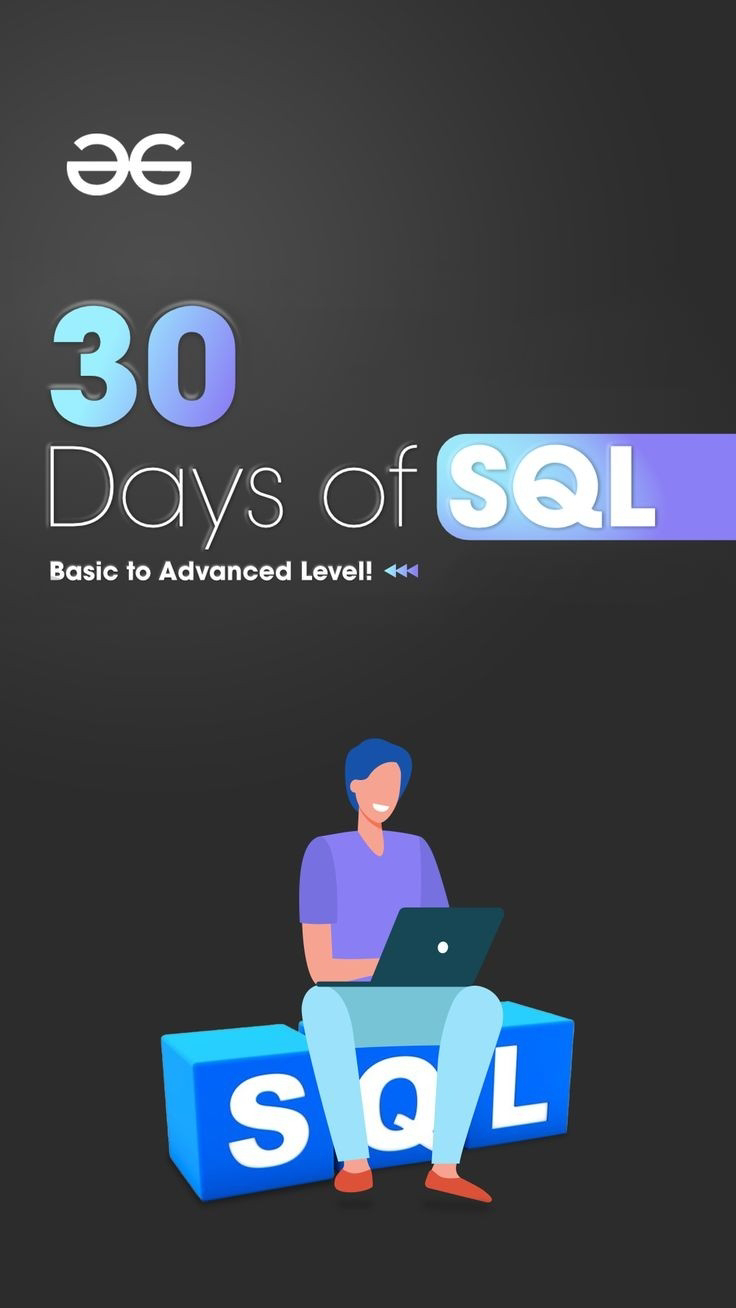IMPORTANT TOPICS IN DBMS
Important topics in Database Management Systems (DBMS) include:
1. Data Modeling: Understanding different data models such as relational, hierarchical, and object-oriented.
2. Relational Database Concepts: Tables, rows, columns, keys, and relationships.
3. SQL (Structured Query Language): Writing and executing SQL queries to retrieve, manipulate, and manage data in relational databases.
4. Normalization: The process of organizing data in a relational database to eliminate redundancy and maintain data integrity.
5. Indexing and Query Optimization: Techniques for improving the performance of database queries.
6. Transactions and Concurrency Control: Managing concurrent access to the database and ensuring data consistency.
7. Database Design: Creating a schema that reflects the requirements of an application.
8. NoSQL Databases: Understanding non-relational databases like document-oriented, key-value, column-family, and graph databases.
9. ACID and CAP Theorems: Understanding the principles of data consistency and availability in distributed databases.
10. Data Security: Implementing access control, encryption, and other security measures to protect database contents.
11. Backup and Recovery: Strategies for backing up and restoring databases in case of data loss or corruption.
12. Data Warehousing and Data Mining: Concepts related to storing and analyzing large volumes of data for business intelligence and decision support.
13. Database Administration: Managing and maintaining database systems, including user management and system performance tuning.
14. Big Data and NoSQL: Concepts related to handling and processing large volumes of unstructured or semi-structured data.
15. Cloud Databases: Understanding database services and solutions provided by cloud providers.
16. Distributed Databases: Topics related to databases distributed across multiple locations.
17. Mobile and IoT Databases: Considerations for databases in mobile and Internet of Things (IoT) applications.
These topics are fundamental to understanding and working with databases in various contexts, and they form the basis of a strong foundation in DBMS.


Comments
Post a Comment